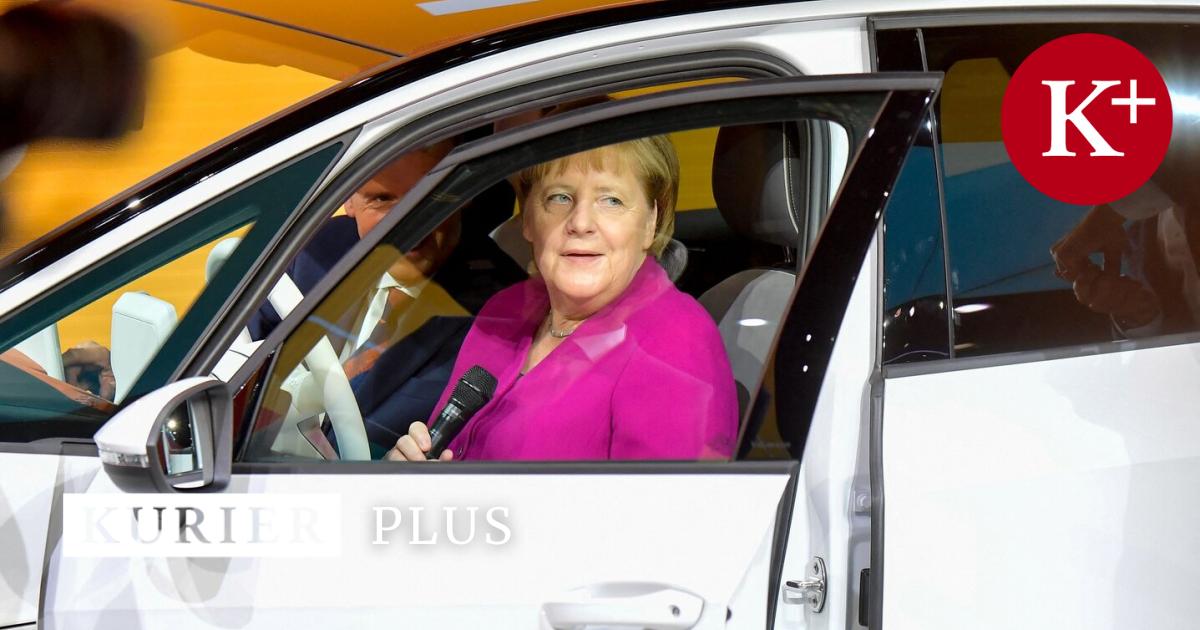If you want to understand Volkswagen, it’s actually enough to talk about the currywurst. In the car manufacturer’s canteens there is an in-house “VW Currybockwurst”, produced in-house, with homemade ketchup, for employees even from 8 a.m. in the morning. When the sausage disappeared from the range in 2021, former Chancellor Gerhard Schröder was publicly outraged: “If I were still on the VW supervisory board, this wouldn’t have happened,” he said.
A top politician as controller of Europe’s largest car manufacturer? In Germany, i.e. Lower Saxony, this is completely normal. Politics has always had a say in the company, the Prime Minister sits on the supervisory board, the state holds 20 percent of the common shares and even has veto rights over the VW law. The origins of this are historical: Volkswagen is a Nazi invention, Hitler wanted to have his “Strength through Joy” car built in the drawing-board city of Wolfsburg, and forced laborers actually worked on military vehicles. After the war, the Allies took over the company and made it a requirement for the state to have a say, with consequences that continue to this day: No German company is as controlled by politics and unions as VW – and no company had as much say in politics as the Wolfsburg car manufacturer.
